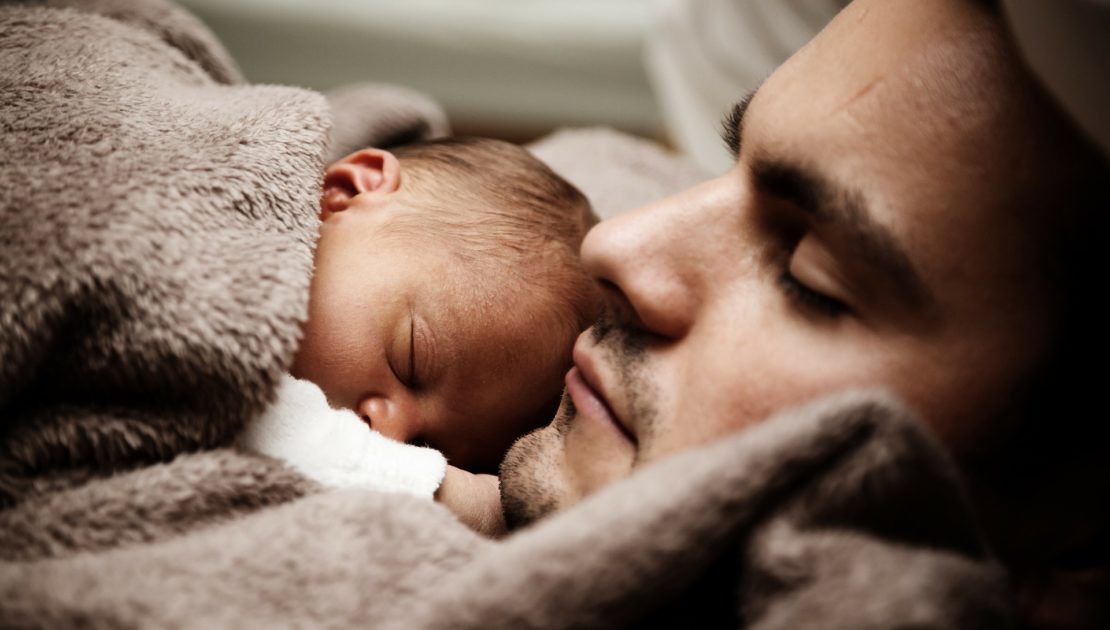

Health visitors
If you’re a new parent a health visitor is someone you might not have heard of or come across before, but what you will soon find out is that all new mums and babies are entitled to visits from a health visitor.
Health visitors are Registered Nurses with a specialist qualification focused on health for families with young children. They take over care of you and your new baby after you are discharged from your midwife’s care at 10 days post-natal and are there to help you right up until your little one goes to school, when the school nurse will then take over. This is a free service offered by the NHS so it is important for parents to know how to get the most out of their visits.
Health visitors carry out checks ten days after birth, at six to eight weeks, one year and then when your little one is between two and two-and-a-half. The Guardian newspaper has recently stated that ‘one in four UK babies born in the UK are not receiving mandatory check-ups from health visitors during the first two years’ and it has been reported that some health visitors have between 500 to 1,000 children to look after. This report makes it even more important for parents to understand how they can best utilise this service and get the best care for both their baby and themselves.
What you may not know is that, in addition to home visits, your health visitor is there to help you navigate the world of parenthood and they are on hand ready to deal with a multitude of questions. If you need their advice outside of your scheduled visits all you have to do is phone them and they will answer any question you have and recommend the best course of action.
Health Visitors are there to help with a wide variety of worries, from if your little one is not sleeping properly, to any concerns you might have about your baby’s development.
Other areas they can help with include:
– Dry skin, fungal rashes, nappy rash and cradle cap
– Feeding problems with your baby from breastfeeding to weaning and starting solids
– Sleeping problems or temper tantrums
– Baby’s growth, sight, hearing or speech
– Your own or your partner’s health
– Concerns about how your baby’s umbilical stump is healing
– Blocked tear ducts, reflux, constipation or colic
– Advice about childcare or nursery options
– Concerns about your baby’s crying
– Toilet training techniques
Your health visitor can be used as your first point of call if you have any worries, although if you feel the situation is more serious such as your baby appears to be in pain, has stopped feeding or eating and drinking, has problems with breathing, has a high temperature or an unexplained rash please do contact your doctor.
After your baby is born you will be allocated a named health visitor. In the days following the birth they usually come to visit you at home to see how you are doing and to record all of the important information about your baby such as details about their weight gain and general health. It is important to remember that your health visitor is there for you as well as your baby. You can talk to them about anything that is worrying you about your own health and recovery. After your home visits are over it is encouraged for you to attend your local weigh-in clinic where you will be able to see your local health visiting team. They are usually held at the same time each week so make sure you find out about them from your health visitor.
While they should initiate communication with you, if you are in any doubt on how to contact your health visitor you can find out more information from your GP.
https://www.theguardian.com/society/2017/jan/01/one-in-four-babies-miss-out-on-health-visitor-checks-social-mobility-commission
https://www.babycentre.co.uk/a1047206/get-the-best-out-of-your-health-visitor-babies